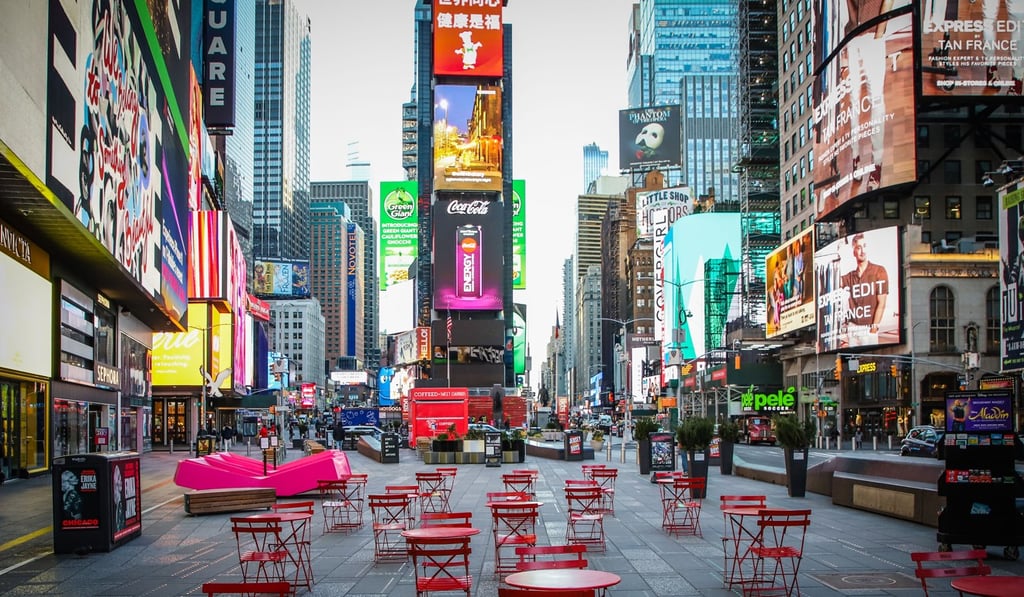Advertisement
China Briefing | Coronavirus: to save US lives, Trump must learn from China, not fight it
- China bungled its initial response, but its experience in turning the tide against Covid-19 holds valuable lessons for other countries
- Now is the time for Trump and Xi to forget tit-for-tat squabbles and pick up the telephone
Reading Time:5 minutes
Why you can trust SCMP

Over the past few days, from San Francisco to New York to Rome to Madrid, the world’s great metropolises have fallen to the onslaught of the invisible enemy of the coronavirus. Schools, restaurants and bars have been closed, non-essential travel limited, social distancing encouraged and people advised to stay at and work from home.
As the authorities in many Western countries are struggling to slow the spread of the pandemic, medical experts have warned that the worst is yet to come, roiling international financial markets.
More countries are to join Italy and Spain under lockdown, mirroring the drastic and painful decision China took on January 23 when it decided to lock down Wuhan, the epicentre of the outbreak, with the shutdown later applied to the rest of the country.
Advertisement
But media reports have suggested the authorities in the Western countries were woefully unprepared, which begs the question as to why they failed to take the outbreak seriously in the five weeks since January 23.

Advertisement
Until early March, Western countries had watched China’s epic fight against the epidemic as if the virus would never reach their shores.
Advertisement
Select Voice
Select Speed
1.00x
